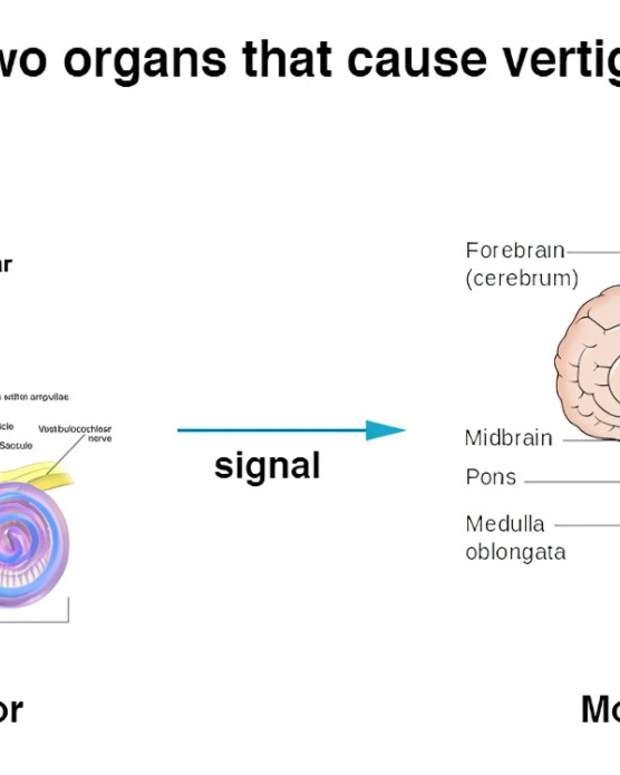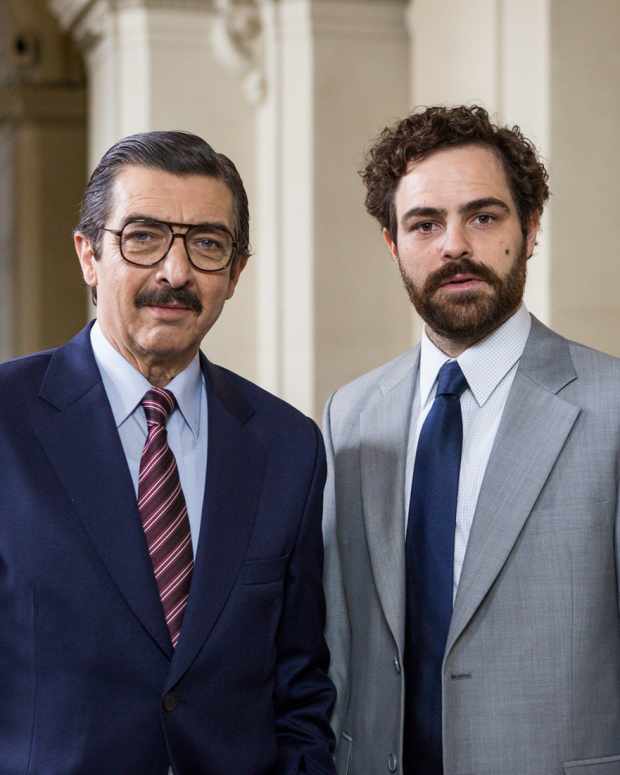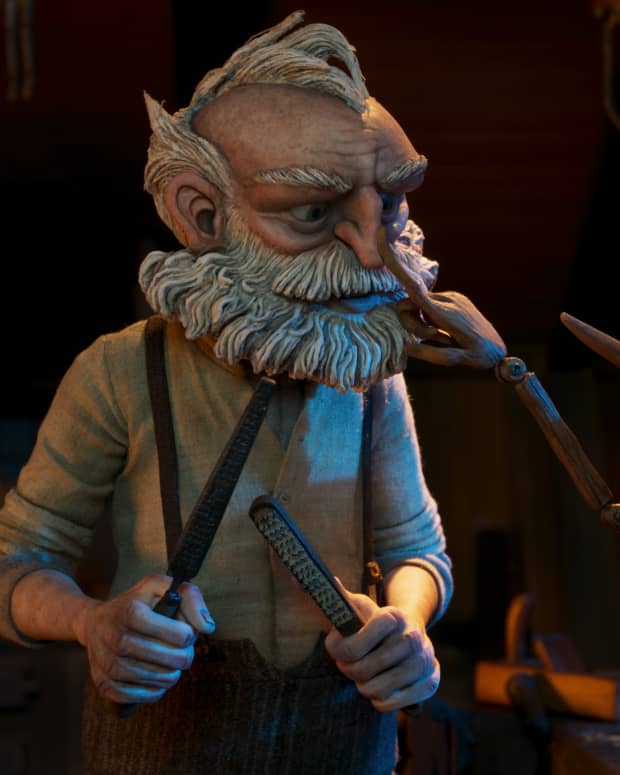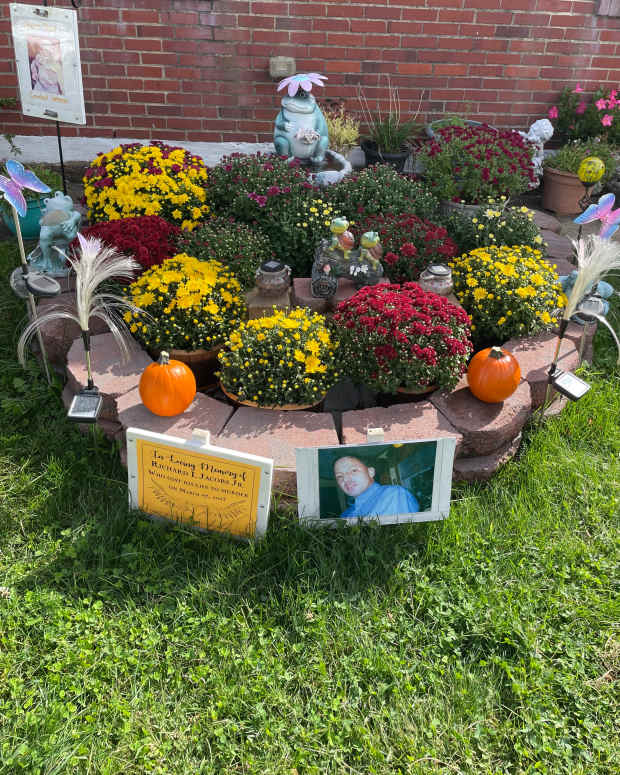The Cruelty Of The Criminal Justice System
John Thompson Wrongfully Convicted
In 1985, John Thompson was arrested, convicted, and sentenced to death in Louisianna as a corrupt and vindictive district attorney officer led by Harry Connick, Sr. His office was responsible for dozens of cases that violated civil rights for defendants for years.
Connick had sent 36 people to death row; eleven were overturned for misconduct, four were acquitted, yet more were to overcome. The goal was to win, not discover the truth.
Thompson spent 18 years in prison, with 14 of those years on death row in Angola Prison, Louisianna.
After his 7th and final execution date was issued for 5/20/1999, new evidence surfaced as his pro bono attorneys, Michael Banks and Gordon Cooney, worked tirelessly with their investigators. Blood evidence refuted Thompson as a match. That report had been sent to prosecutors who hid it.
A retrial was ordered, and in 2003, a jury took only 35 minutes to acquit Thompson. In 1994, Gerry Deegan, dying of cancer, made a deathbed confession to former district attorney Michael Riehlmann, who then waited five years to bring it forward.
To his credit, Riehlmann later helped work for Thompson's release. He was the only prosecutor disciplined in the Thompson case. Thompson walked out of prison with only ten dollars in his pocket and a bus ticket.
After John Thompson's Exoneration
It isn't surprising Thomas had a strong objection to the criminal justice system. After all, numerous executions were set for him while he was on death row for a crime he never committed. After his release, John married, bought a house, and started a business and a program, Resurrection After Exonerations, to help others rejoin society. Fate dealt John another blow as a robbery of the offices of Resurrection After Exoneration, and the loss of their computers, office equipment, and records left them vulnerable. Then, the community stepped in, and donations poured in to refurbish their loss.
John and his wife then lost everything, their house and business, to Hurricane Katrina. Still, John continued his advocacy for those exonerated by speaking around the country. John had a gift and spoke from the heart, still not understanding why no criminal justice person was held culpable.
He never cared about his award being overturned; he was more concerned about consequences of those in power.
John Thompson Sued For Wrongful Conviction
Thompson won his lawsuit and was awarded 14 million dollars based on prosecutorial misconduct. However, that would not be the end of the case.
The office of District Attorney Harry Connick objected to Thompson's award, and the case wound up in the U.S. Supreme Court in 2011.
A 5-4 vote would decide whether to overturn the award to Thompson. Clarence Thomas wrote one of the Supreme Court's most corrupt and meanest decisions. Chief Justice John Roberts, Antonin Scalia, Anthony Kennedy, and Samuel Alito all agreed with Thomas.
Ruth B. Ginsberg noted that "no less than five prosecutors were involved in railroading Thompson despite multiple opportunities spanning two decades. Ginsburg was joined by Stephen Breyer, Sonia Sotomayor, and Elena Kagan. They agreed Thompson was entitled to the 14 million for "gross, deliberate indifference and long-continuing violations.
It is as if Justice Thomas feels that Thompson's life or that of any Black lives matter.
How can the Supreme Court justify that those who inflict harm should NOT be immune from consequences? Bar associations continue to discipline prosecutors and ignore their grievous misconduct.
Is it any wonder the public is losing confidence in Scotus? Is it perhaps time to balance the Supreme Court and add more justices? Also, what about term limits? Since they know their position is for life, they can somehow justify ruling on their personal ideology, not the Rule of Law or the wishes of the public.
Further Reading
The book Killing Time by John Hollway and Ronald Gauthier is a true story and a must-read for those interested in criminal justice and wrongful convictions.
Albert Woodfox, who spent 44 years in Angola Prison, wrote the book Solitary. He then wrote his memoir, which won a Pulitzer Prize and was a finalist for the American Book Award.
The book The Sun Does Shine, by Anthony Hinton, spent 30 years on death row in Alabama, gaining freedom with the help of Bryan Stevenson, founder and director of Equal Justice.
In the book Infinite Hope, Anthony G. Anthony was arrested in 1992, convicted, and sentenced to death, where he spent 16 years. He was acquitted in 2010.
And there are many more books written about exonerees and wrongful convictions.
If you purchase one of these books through my Amazon Affiliate, I may receive a small fee at no cost to you. I would greatly appreciate it, and thank you.
Sources Used
https://www.witnesstoinnonence,org
https://www.currentaffairs,org
https://www.motherjones.com
https://www.courthousenews.com






















